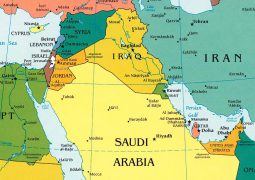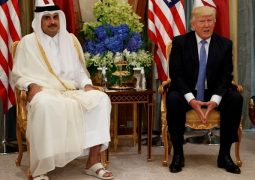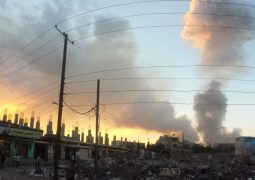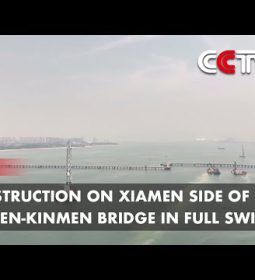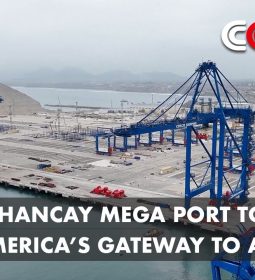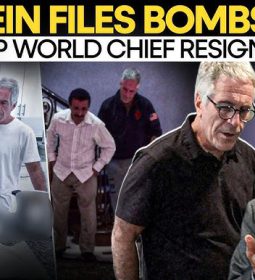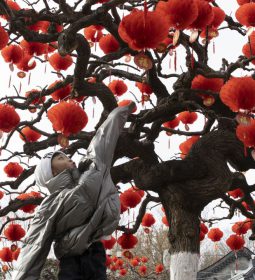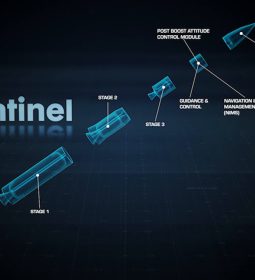Hong Kong protesters take aim at Chinese traders
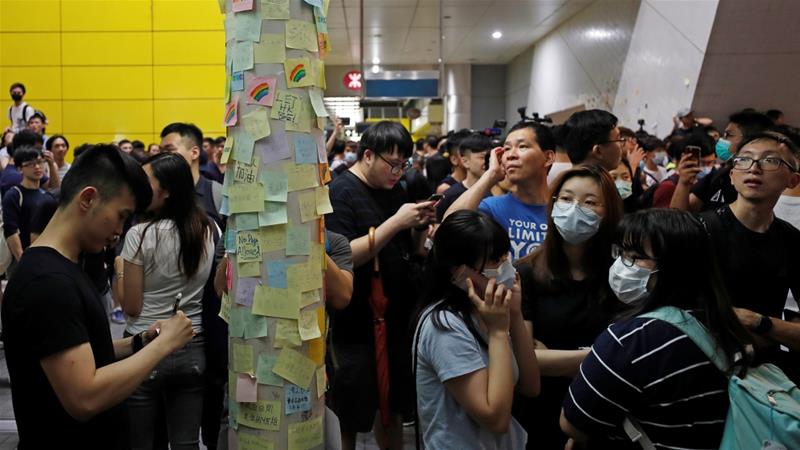
Demonstrators protest Chinese middlemen buying bulk quantities of duty-free goods at border town to sell on mainland.
Activists have protested against mainland Chinese traders in a town near the border, seeking to channel energy from huge demonstrations against an extradition bill to another problem they say the government has mismanaged.
Saturday’s demonstration in the town of Sheung Shui, not far from the Chinese city of Shenzhen, started peacefully but devolved into scuffles and shouting, with police firing pepper spray at protesters and pushing them back with baton charges. Demonstrators threw umbrellas and hard hats back at them.
The protest in Sheung Shui was the latest in a string of demonstrations that have roiled the former British colony for more than a month, fuelling its biggest political crisis since China regained control of the territory in 1997.
Millions of people have taken part in street protests, with hundreds even storming the legislature on July 1, against the now-suspended extradition bill that would have allowed criminal suspects in Hong Kong to be sent to China to face trial.
Critics saw the bill as a threat to Hong Kong’s rule of law. Chief Executive Carrie Lam suspended the bill last month in the face of opposition and this week said it was “dead”. But opponents say they will settle for nothing short of its formal withdrawal.
Broader issues
Most of the protests have taken place in and around Hong Kong’s central business district, but recently demonstrators turned their sights to parts of the territory that have seen less political activity. They have also sought to broaden support for the movement by focusing on narrower, more domestic issues.
Tens of thousands of protesters staged an anti-extradition march last Sunday through one of the most popular tourist shopping areas in Kowloon, where they tried to win support from mainland Chinese tourists.
On Saturday, the focus again turned away from downtown Hong Kong to Sheung Shui, a town close to the border where so-called “parallel traders” from the mainland buy bulk quantities of duty-free goods, which they then carry into China to sell.
The small-time mainland traders have long been a source of anger among some in Hong Kong who argue they have fuelled inflation, dodged taxes, diluted the town’s identity, and caused a spike in property prices.
“Our lovely town has become chaos,” resident Ryan Lai, 50, said shortly before the protest turned violent.
“We don’t want to stop travel and buying, but please, just make it orderly and legal,” he added, referring to parallel traders.
“The extradition bill was the tipping point for us to come out. We want Sheung Shui back.”
One protester said Saturday’s scuffles started when demonstrators charged police who sought to help mainland traders who had assaulted protesters.
“Some people were attacked and got injured in a stampede,” said the man, who would only give the name Ragnar.
“I tried to save some girls so I was also attacked by pepper spray by police. Now I feel so bad. The cops are dogs.”
Protesters ripped up median barriers and fences to set up roadblocks and defences.
A young man was treated for a bloody head wound a few metres from where police surrounded by crowds were hitting activists armed with umbrellas. Police in riot gear wielded batons to clear the street minutes later and free trapped officers.
“We are all scared now. How can they hit us with batons?” another protester surnamed Chan said, staring at a pool of blood where one of his peers was treated.
Later, police urged protesters to refrain from violence and leave. By about 8:30pm (12:30 GMT), most had retreated as police in riot helmets and wielding large shields swept through the town to clear the streets.
The police public affairs office did not have an immediate comment when asked about police actions against the protesters.
‘Lack of democracy’
Jimmy Sham, convener of the Civil Human Rights Front, which has organised a string of major protests against the extradition bill, said the root problem was Hong Kong’s lack of a full democracy.
“The government, Carrie Lam, some legislators in functional constituencies are not elected by the people, so there are many escalating actions in different districts to reflect different social issues,” he said.
“If political problems are not solved, social well-being issues will continue to emerge endlessly.”
When Brirain returned Hong Kong to China in 1997, Chinese Communist leaders promised the city a high degree of autonomy for 50 years.
But many say China has progressively tightened its grip, putting Hong Kong’s freedoms under threat through a range of measures such as the extradition bill.
Amy Chan, a 25-year-old bank employee who joined Saturday’s march, called it a continuing action following up on the momentum of the anti-extradition law protests.
“There isn’t an anti-extradition protest every day to keep us going,” she said. “I hope that through today’s action, people in Hong Kong will not forget that there are actually many other social issues waiting to be solved.”
Anti-extradition protesters were planning another demonstration on Sunday in the town of Sha Tin, in the so-called New Territories between Hong Kong Island and the border with China.
- Previous Susan Rice Calls Chinese Diplomat a ‘Racist Disgrace’ on Twitter
- Next Lira drops after Ankara takes delivery of Russian missile system




